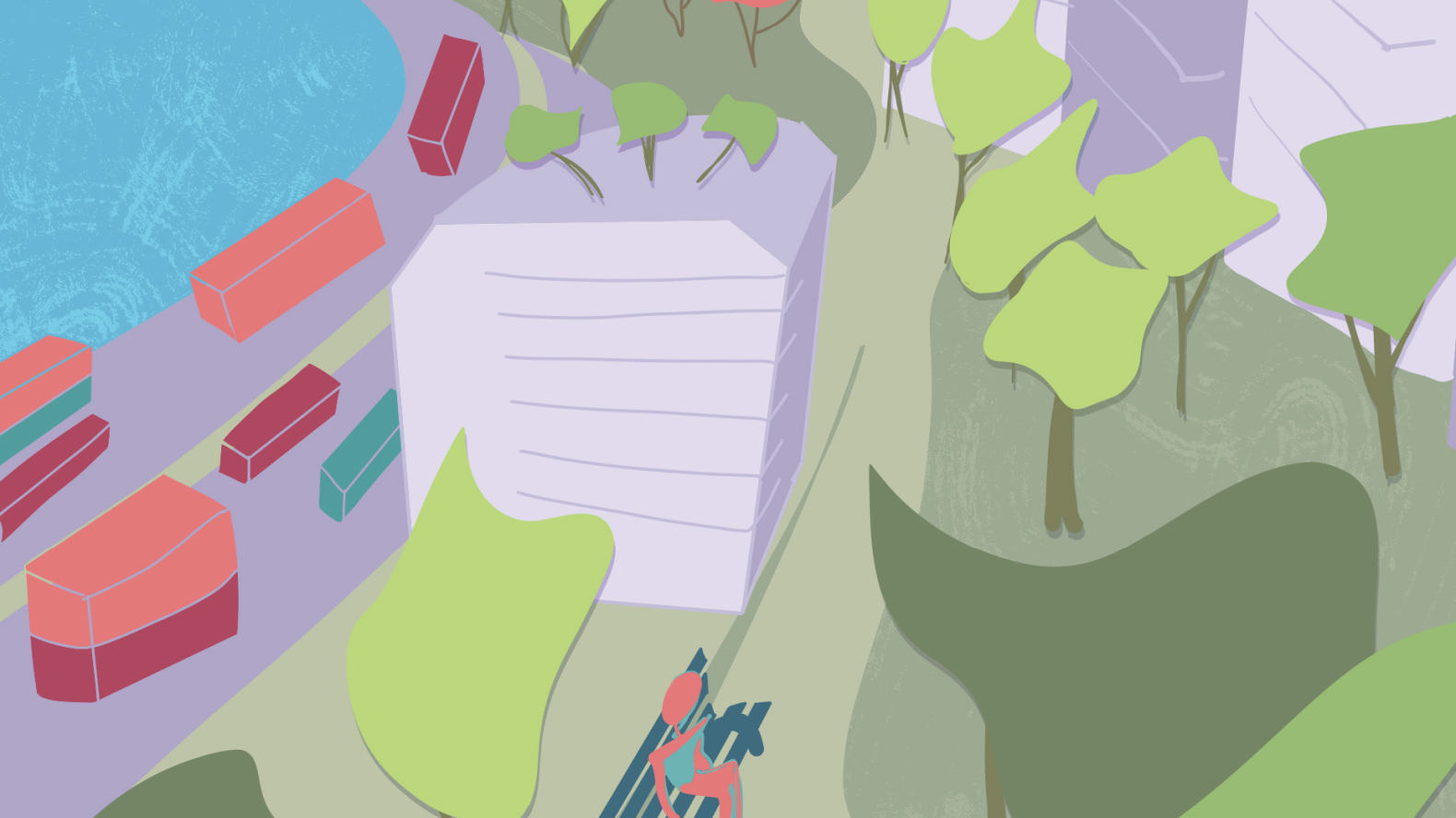
The conference gathered local and regional partners and stakeholders to attend and share their perspectives as well as to learn, engage in and contribute to Canada’s approach to the global goals. With over 150 registrations, 95 attended the conference in-person. The event commenced with a heartfelt welcome from Alec Dan, a representative of the Musqueam people, and a ceremonial performance by the Tsatsu Stalqayu, also known as the Coastal Wolf Pack.
SESSION 1
Session 1 was a collaborative exploration of the complexities, challenges, and innovative approaches to decolonizing education. Led by the Sustainability Hub, it brought together educators, activists, and community leaders, inviting them to be part of the transformative journey towards more inclusive and respectful educational structures. The discussion underscored the importance of integrating Indigenous perspectives into the curriculum, acknowledging historical injustices, and fostering an environment where Indigenous students can thrive. Participants shared success stories and strategies for overcoming institutional barriers, highlighting the necessity of systemic change.
SESSION 2
Following this, Session 2, facilitated by the Vancouver Economic Commission (VEC), focused on collaboratively creating an inclusive and green economy. This session was a significant part of the national virtual Together | Ensemble event, drawing participants across Canada. Speakers discussed the intersection of economic development and environmental sustainability, emphasizing the need for policies that promote green jobs, equitable growth, and environmental stewardship. The session underscored the role of local communities and businesses in driving sustainable economic practices and the importance of inclusive policies that ensure marginalized groups benefit from economic growth.
During the lunch break, attendees could participate in a weaving workshop led by Rita Point Kompst. This workshop offered a hands-on cultural experience and a moment of reflection and connection.
SESSION 3
Session 3 focused on Indigenous feminist movements and their critical role in climate responses and solutions. Led by the British Columbia Council for International Cooperation (BCCIC), this discussion highlighted Indigenous women's leadership in environmental activism. Participants examined how Indigenous feminist perspectives contribute to more holistic and practical climate action plans. Stories of grassroots initiatives and community-led projects demonstrated the powerful impact of Indigenous women in driving environmental sustainability and resilience.
The conference concluded with reflections from student rapporteurs, who shared their insights and aspirations for advancing the Sustainable Development Goals (SDGs) in British Columbia. This was followed by roundtable discussions featuring topic experts, which allowed deeper engagement with the conference's key themes. The notes and insights generated from these conversations were compiled into the final conference report, a document intended to inform Canadian decision-makers ahead of high-level global SDG gatherings at the United Nations Headquarters and the Summit on the SDGs. This report aims to ensure that the voices and ideas from the conference contribute to shaping national and international policies on sustainable development.